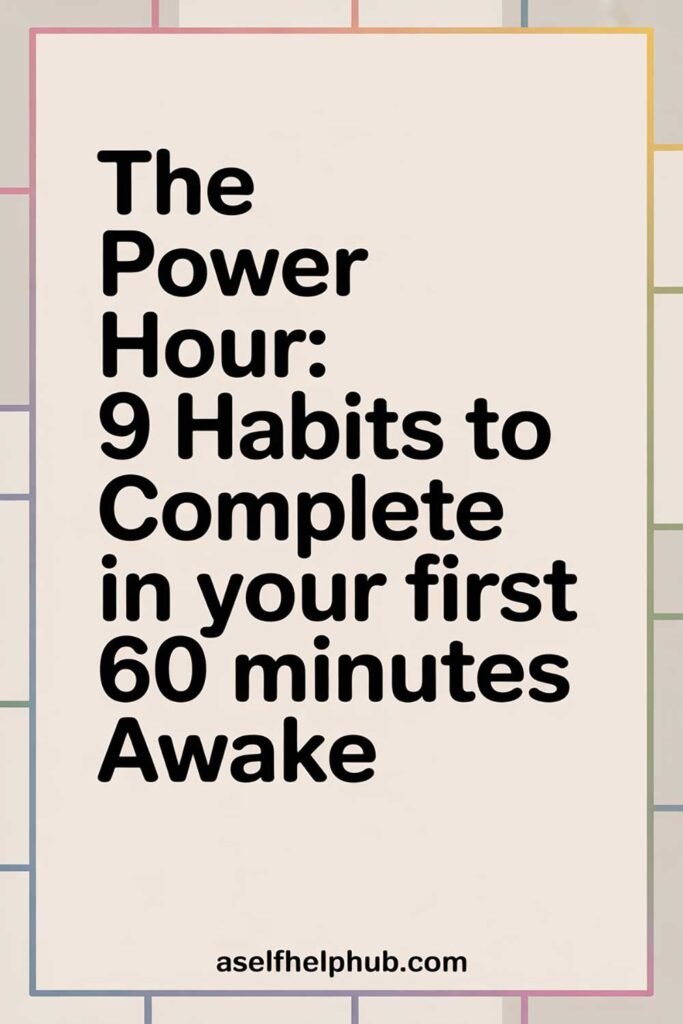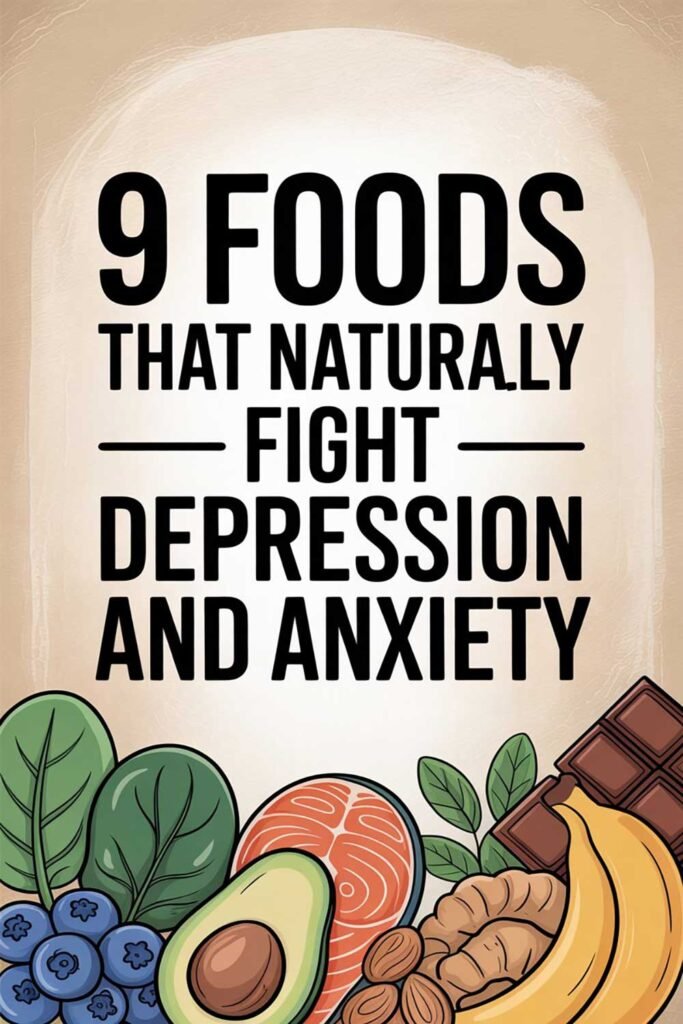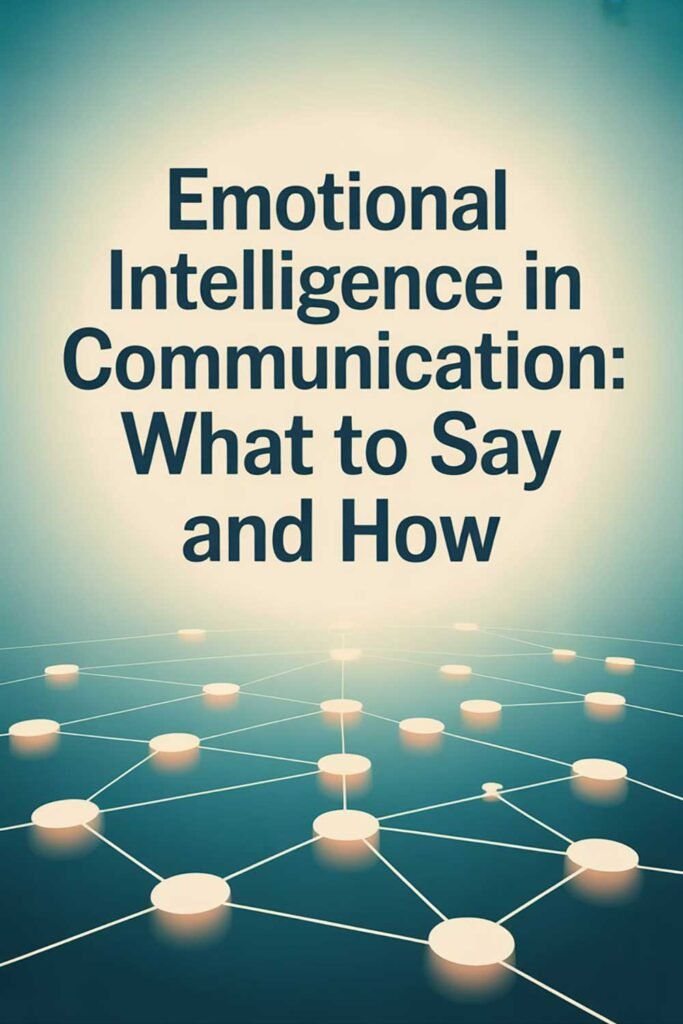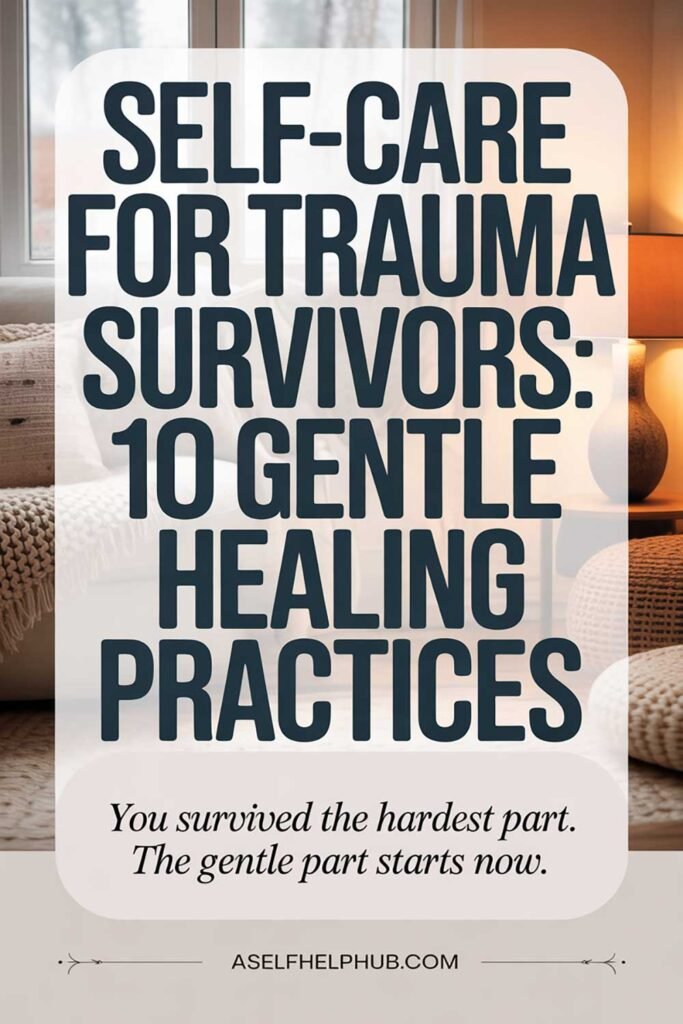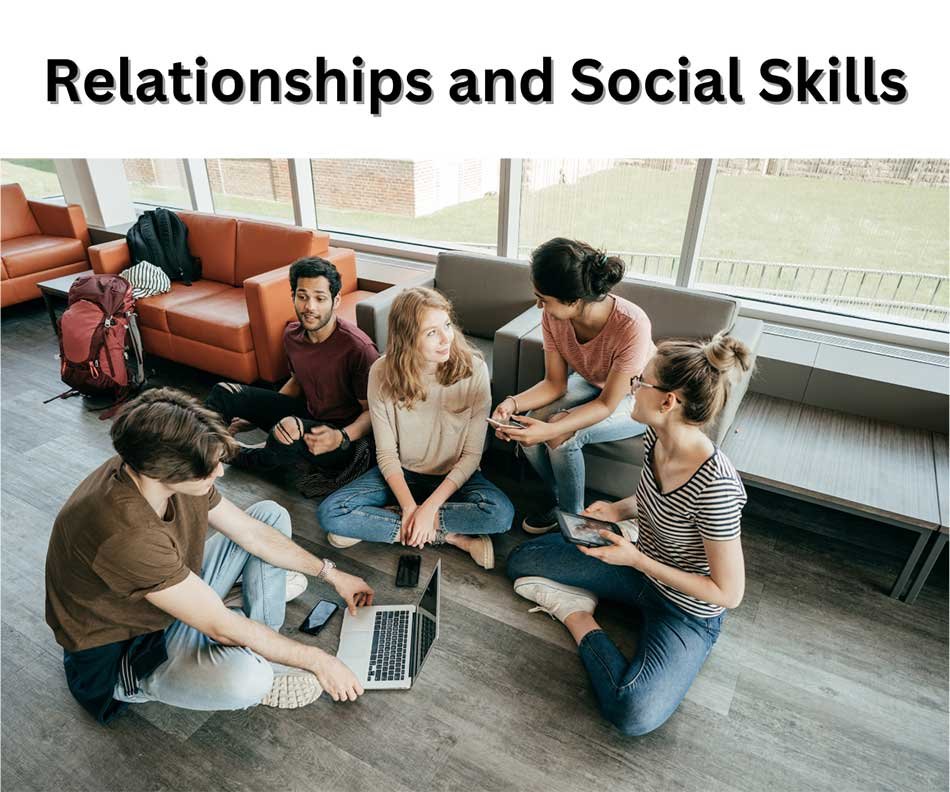
Relationships and Social Skills: Building Stronger Connections
Healthy relationships and strong social skills are essential for personal happiness, emotional support, and professional success. Whether it’s fostering close connections with loved ones, building a strong social network, or improving your ability to communicate, developing social skills can transform your interactions and enrich your life.
In this article, we’ll explore the importance of relationships and social skills, key areas for improvement, and actionable strategies to enhance your connections.

Why Relationships and Social Skills Matter
1. Enhance Emotional Well-Being
Strong relationships provide a sense of belonging and reduce feelings of loneliness and isolation.
2. Improve Communication
Social skills foster clear and effective communication, reducing misunderstandings and conflict.
3. Boost Resilience
Supportive relationships help you navigate challenges and recover from setbacks more effectively.
4. Advance Career Opportunities
Social skills like active listening, networking, and empathy are highly valued in professional settings.
Key Social Skills to Develop
1. Active Listening
Paying full attention to others, showing empathy, and responding thoughtfully improve understanding and connection.
2. Clear Communication
Expressing your thoughts and feelings clearly and respectfully fosters trust and reduces misunderstandings.
3. Empathy
Understanding and sharing the feelings of others strengthens emotional bonds and deepens relationships.
4. Conflict Resolution
Addressing disagreements constructively ensures relationships grow stronger rather than strained.
5. Adaptability
Being flexible and open to new ideas helps you connect with a diverse range of people.
How to Build Strong Relationships
1. Prioritize Quality Time
Spending meaningful time with loved ones builds trust and deepens bonds. Schedule regular check-ins or shared activities.
2. Show Appreciation
Express gratitude and acknowledge the positive impact others have on your life. Simple thank-you notes or kind words go a long way.
3. Be Authentic
Honesty and vulnerability foster genuine connections. Let others see the real you, including your strengths and imperfections.
4. Practice Patience and Forgiveness
Conflict is inevitable, but handling disagreements with patience and a willingness to forgive keeps relationships strong.
5. Support Others’ Goals
Encourage and celebrate the achievements of those you care about. Being supportive strengthens mutual trust and respect.
Tips to Improve Social Skills
1. Observe and Learn
Watch how others with strong social skills interact. Take note of their body language, tone, and conversation style.
2. Practice Small Talk
Engage in casual conversations to build confidence and ease in social settings. Topics like weather, hobbies, or shared experiences are great starters.
3. Seek Feedback
Ask trusted friends or mentors for constructive feedback on your social interactions.
4. Join Groups or Clubs
Participate in activities that align with your interests to meet like-minded people and practice social skills.
5. Embrace Rejection
Not every interaction will lead to a connection, and that’s okay. Use these moments as opportunities to learn and grow.
The Long-Term Benefits of Strong Social Skills
- Deeper Relationships: Improved communication and understanding foster lasting connections.
- Enhanced Self-Confidence: Positive interactions build self-assurance in social and professional settings.
- Better Mental Health: Supportive relationships reduce stress, anxiety, and depression.
- Increased Opportunities: Strong networks open doors to personal and professional growth.
Picture This
Imagine walking into a room of new people and feeling at ease. You engage in meaningful conversations, listen actively, and leave with genuine connections. Over time, your relationships with loved ones deepen as you invest in quality time, open communication, and mutual support. You feel confident in your ability to connect with others, and this confidence spills over into every area of your life.
Building relationships and honing social skills become second nature, enriching your personal and professional worlds in profound ways.

